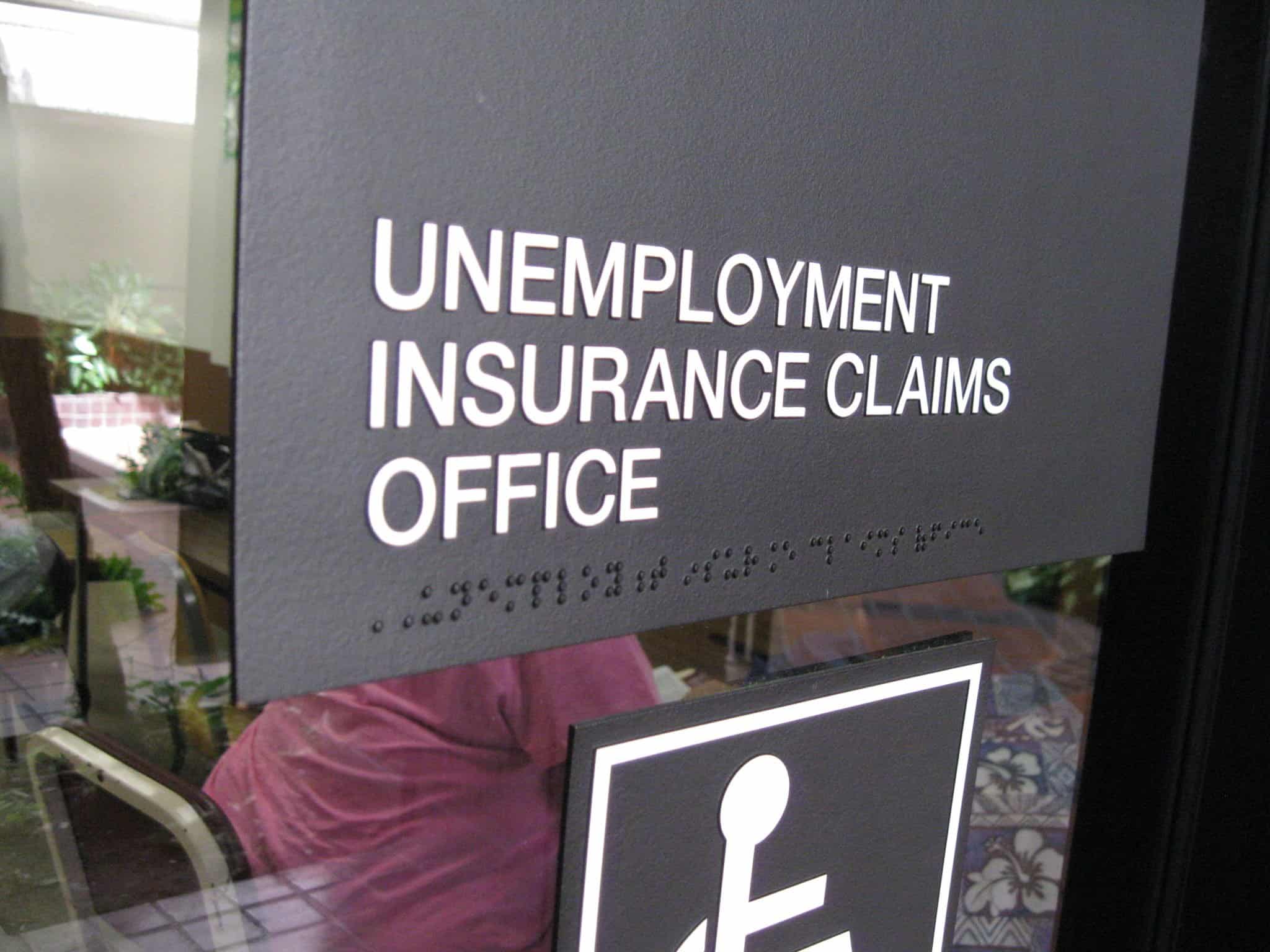Jacob Denz is a student at Harvard Law School
California’s labor secretary Julie Su is in serious contention to become the next United States Secretary of Labor, according to a profile in Politico. The Harvard Law School graduate and daughter of Chinese immigrants first received national attention for representing a group of Thai garment workers freed from an El Monte, California sweatshop in 1995. This work contributed to the creation of the T visa for victims of human trafficking. Su became California’s labor commissioner in 2011 and was appointed to the role of labor secretary in 2019. Meanwhile, another serious contender for the role of U.S. Secretary of Labor, Boston mayor Marty Walsh, has thrown some cold water on such speculation by emphatically reaffirming his intention to remain mayor of Boston “for the many years to come.”
A looming unemployment benefits “cliff” will hit women and workers of color particularly hard, an analysis by The Century Foundation spells out. About 12 million workers face the prospect of losing their benefits due to the expiration of the Pandemic Unemployment Assistance and Pandemic Emergency Unemployment Compensation programs at the end of this year, while another 1.5 million workers have already exhausted their benefits and another 3 million may do so within the next few weeks. For these workers, loss of benefits will coincide with the expiration of protections against eviction and student debt relief. Women and workers of color are overrepresented among unemployment claimants, with women accounting for about 53 percent of March through June claimants (but only 47 percent of the workforce) while Black and Latinx workers each account for about 20 percent of September and October claimants.
Meanwhile, a study by Good Jobs First casts doubt on the efficacy of the Paycheck Protection Program as a jobs retention strategy. It found that 1,900 business recipients of PPP loans had expressed intent to support 251,000 workers, but had instead laid off 190,000, or about 76 percent of those workers. The study compared the list of recipients of PPP loans over $150,000 with required layoff notifications under the Worker Adjustment and Retraining Notification Act. Good Jobs First explains the PPP’s apparent failure as a jobs retention program by suggesting that loan amounts were too small, approvals took too long, and loan forgiveness provisions were too generous to avert mass layoffs on the part of loan recipients.
A letter from a group of investors representing more than $500 billion in assets urges publicly traded companies to pay tipped workers the regular federal minimum wage, Bloomberg reports. Under federal law, employers of tipped workers may pay them as little as $2.13 per hour instead of the regular $7.25 per hour. The investors say that reliance on tips increases poverty and exposes tipped workers to greater risk of sexual harassment. None of the publicly traded companies in the restaurants and hospitality industry that received the letter have responded.
Seafood processing workers on Massachusetts’s South Shore are urging processing facilities and staffing agencies to improve their COVID-19 prevention practices, The Standard-Times details. A letter from a group of worker organizations based in New Bedford, Massachusetts demands paid sick time and family leave, face masks, communication in workers’ native languages, regular testing, notification of workers exposed to COVID-19, and adequate ventilation. In a previous letter issued in April, the organizations had cited overcrowding and poor sanitation at processing plants. In May, New Bedford mayor Jon Mitchell issued an executive order requiring facilities to designate a COVID-19 Health and Safety Officer responsible for enforcing social distancing and reporting positive cases to the city’s health department.






Daily News & Commentary
Start your day with our roundup of the latest labor developments. See all
February 6
The California Supreme Court rules on an arbitration agreement, Trump administration announces new rule on civil service protections, and states modify affirmative action requirements
February 5
Minnesota schools and teachers sue to limit ICE presence near schools; labor leaders call on Newsom to protect workers from AI; UAW and Volkswagen reach a tentative agreement.
February 4
Lawsuit challenges Trump Gold Card; insurance coverage of fertility services; moratorium on layoffs for federal workers extended
February 3
In today’s news and commentary, Bloomberg reports on a drop in unionization, Starbucks challenges an NLRB ruling, and a federal judge blocks DHS termination of protections for Haitian migrants. Volatile economic conditions and a shifting political climate drove new union membership sharply lower in 2025, according to a Bloomberg Law report analyzing trends in labor […]
February 2
Amazon announces layoffs; Trump picks BLS commissioner; DOL authorizes supplemental H-2B visas.
February 1
The moratorium blocking the Trump Administration from implementing Reductions in Force (RIFs) against federal workers expires, and workers throughout the country protest to defund ICE.